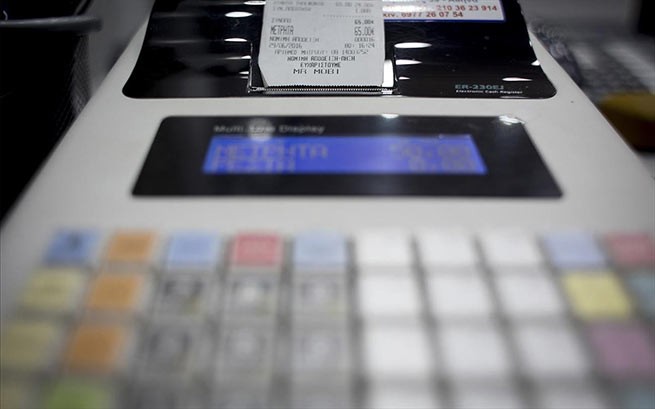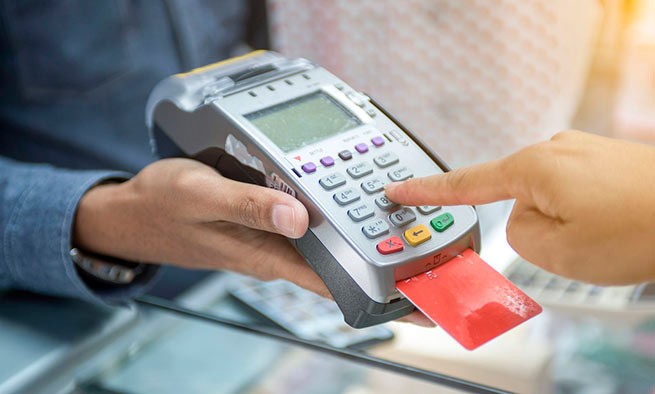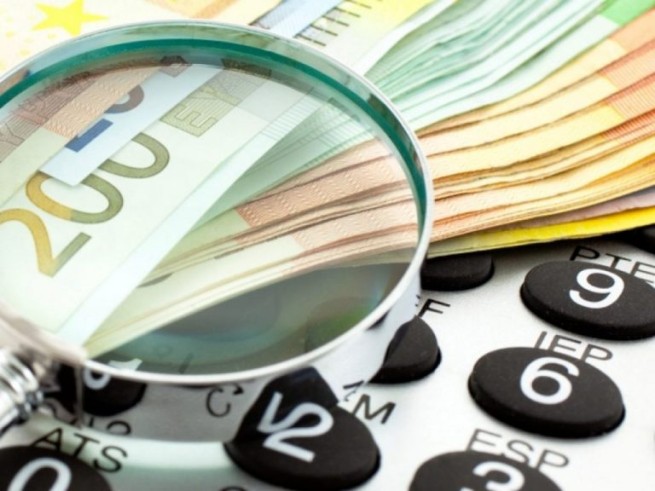Currently, the Independent Government Revenue Authority is using new ways to combat tax evasion, and changes are expected in the fall to identify “hidden” taxable income.
The Internet today plays a key role in detecting tax evasion. Significantly, last year, in the course of extensive cross-checks and audits, an independent body identified a site that has the characteristics of an information exchange platform, on which tax evasion amounted to 1 million euros.
The most recent example is the monitoring of social networks, which has led to tangible results in the detection of tax evasion. In fact, customer reviews on the website of one of the wedding organizations led to the fact that during the audit it was found that there were no receipts. In this particular case, the auditors used positive customer comments and corresponding “likes”.

Tax inspectors use all methods
Photos, comments, reports of unsubstantiated transactions – that’s what is used in such checks, as a result of which the audit services compile lists of tax evaders. Banquet halls for weddings and christenings, estates for social events with hundreds of guests, halls for business purposes have long been under the “sight” of the inspection authorities, and in addition to detecting non-issuance of checks, the use of indirect methods is of great interest, with the help of which undeclared turnover is calculated and due taxes.
Under the microscope are food and beverage vendors, and even photographers participating in such events. In recent audits, tax inspectors visited sites and social networks where photographers advertised their work, and then verified client lists with declared incomes, which bore fruit.
The main data that AADC must have is the time and place of the events, which in most cases are disclosed by the participants themselves, publishing all the details on social networks. Currently, purchases in online stores and other transactional platforms are also at the forefront of control.

New measures
A grid of new measures to combat tax evasion is included in the next draft law of the Ministry of Economy and Finance, which is expected to be presented to Parliament in the fall. The main task of the government is to create a system of strong tax incentives that encourage citizens to require confirmation of all their transactions. This means that tax credits should offset the benefit that consumers who do not issue a check currently receive in order to receive a discount on the final price of a good or service due to non-payment of 24% VAT.
Examples
There are often professionals and shopkeepers in the market who pose a dilemma to consumers, what price they prefer to pay: “x” with a check or “Y” without a check. For example, for a service worth 1300 euros, if you do not issue a check, the consumer will pay 988 euros. This means that he will save 312 euros, which the state will lose only due to VAT, since the loss of income will be greater if you take into account the tax not collected due to concealment of income by a specialist who did not issue a receipt.
In addition, there are many cases when consumers themselves do not ask for a receipt when making transactions, because they know specialists and are their regular customers.

POS interface
Another issue is the interface of POS with digital platforms, which will have to transfer data about transactions made by their users to AADE. AADE will be able to cross-check data, with joint and simultaneous control with the tax authorities of other EU member states.
In addition, platforms that do not comply are subject to severe sanctions, such as suspension of activities and fines of up to 500 thousand euros, as well as the termination of access to platforms that do not cooperate, as Minister of National Economy and Finance Kostis Hatzidakis recently emphasized.
Whether online transactions are made through digital platforms or purchases in physical stores using credit and debit cards, the new modern tools provided by the bill facilitate control by increasing the transparency and efficiency of its mechanism in accordance with the framework set by the relevant European directive .
At the same time, given the relationship of POS to cash registers, an obligation is introduced for card payment service providers to comply with the operation and relationship requirements of POS with AADE and, accordingly, for enterprises to use POS that meet these requirements. There are also fines of up to €200,000 for providers and up to €10,000 for businesses that continue to use non-compliant POS.







More Stories
Reduced fees for POS transactions, limited bank fees
Easter 2024: more expensive than travel, more modest table
Tourism: how much money foreign visitors spent in Greece